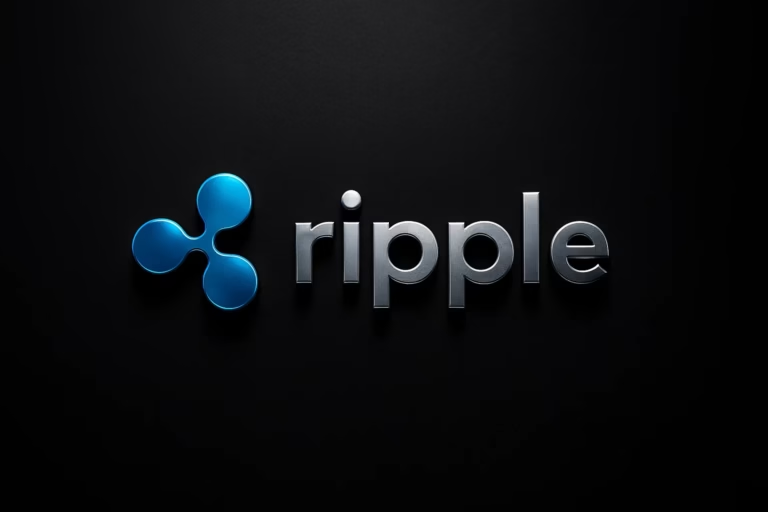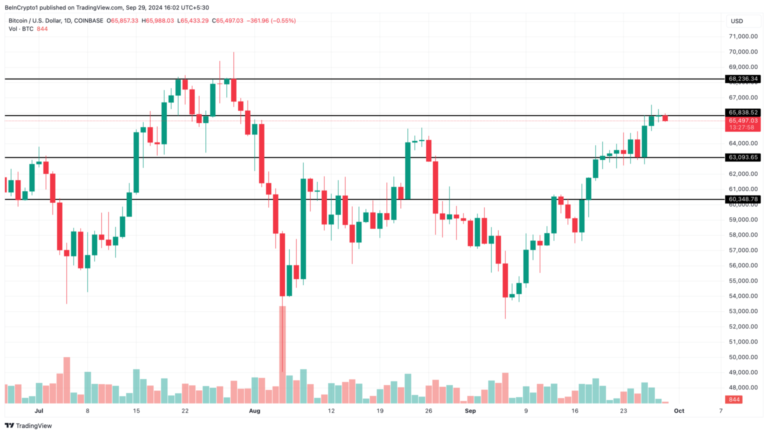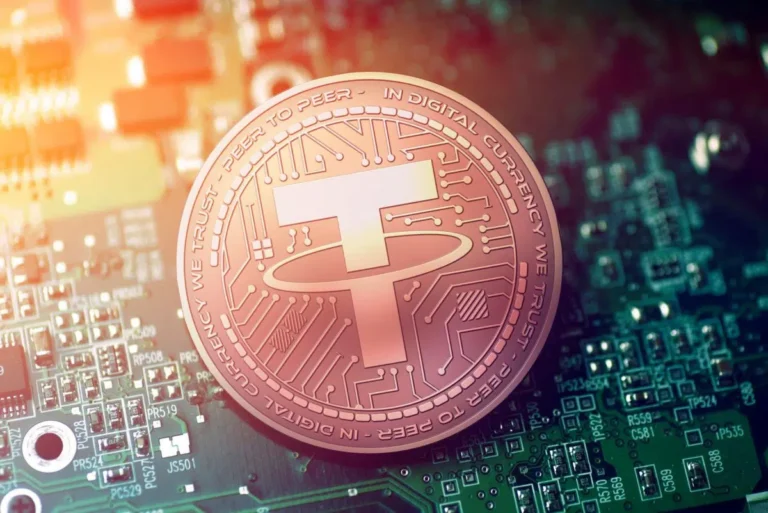
- Cryptocurrency enthusiasts and legal experts are analyzing Ripple’s ongoing SEC battle, highlighting the significance of the 1994 Second Circuit case, Revak v. SEC Realty.
- The article explores how legal insights from Revak influence the understanding of investment contracts, especially in the context of Ripple’s regulatory challenges, as the crypto industry closely watches the unfolding legal dramas involving Ripple and Coinbase.
Cryptocurrency enthusiasts and legal experts have recently engaged in a spirited discussion, delving into the intricacies of Ripple’s ongoing battle with the U.S. Securities and Exchange Commission (SEC). At the heart of this dialogue is the pivotal 1994 Second Circuit case, Revak v. SEC Realty, which has become a focal point in understanding the legal landscape surrounding Ripple’s regulatory challenges.
Crucial Legal Precedent: Revak v. SEC Realty
During the discourse, legal analyst Grewal expressed his admiration for the Revak case, emphasizing a standout element that sheds light on the complexity of defining an investment contract. The case challenges the notion of determining such contracts solely through an “ecosystem” access lens.
Grewal underscored the court’s position on the Howey test, highlighting that the tie between investor fortunes and promoter efforts isn’t sufficient. The court maintained that a common enterprise must be inherently reliant on promoter expertise for collective investments to hinge on fortuity.
This perspective aligns with John Deaton’s analysis, drawing parallels between Revak and the legal battles involving Ripple, Coinbase, and LBRY. Notably, Deaton highlighted the jurisdictional nuances, emphasizing the relevance of the Second Circuit-governed Revak case to the ongoing Ripple and Coinbase litigations.
Current Legal Landscape: Ripple, Coinbase, SEC
The legal wrangling between the SEC and two crypto giants, Ripple Labs and Coinbase, holds profound implications for the future of the digital asset industry. A recent development on Jan. 18 saw a federal judge greenlighting the SEC’s lawsuit against Coinbase, albeit with a narrowed scope that excludes certain SEC claims. This decision is viewed as a partial victory for Coinbase, limiting the potential legal ramifications it faces.
Meanwhile, the SEC continues its aggressive pursuit of Ripple, filing a motion to compel the company to produce additional internal documents related to XRP sales. This signals the SEC’s commitment to building a robust case against Ripple, amplifying the significance of the ongoing legal battles in shaping the regulatory landscape for digital assets.
Deciphering the Legal Maze
As the crypto community closely watches the Ripple-SEC saga unfold, the Revak v. SEC Realty case emerges as a critical touchstone. Its insights into the intricacies of investment contract definitions, especially in the context of digital assets, add a layer of complexity to the regulatory discourse. The unfolding legal dramas of Ripple and Coinbase serve as significant milestones, setting the stage for defining the boundaries and regulations that will shape the future of the cryptocurrency industry







